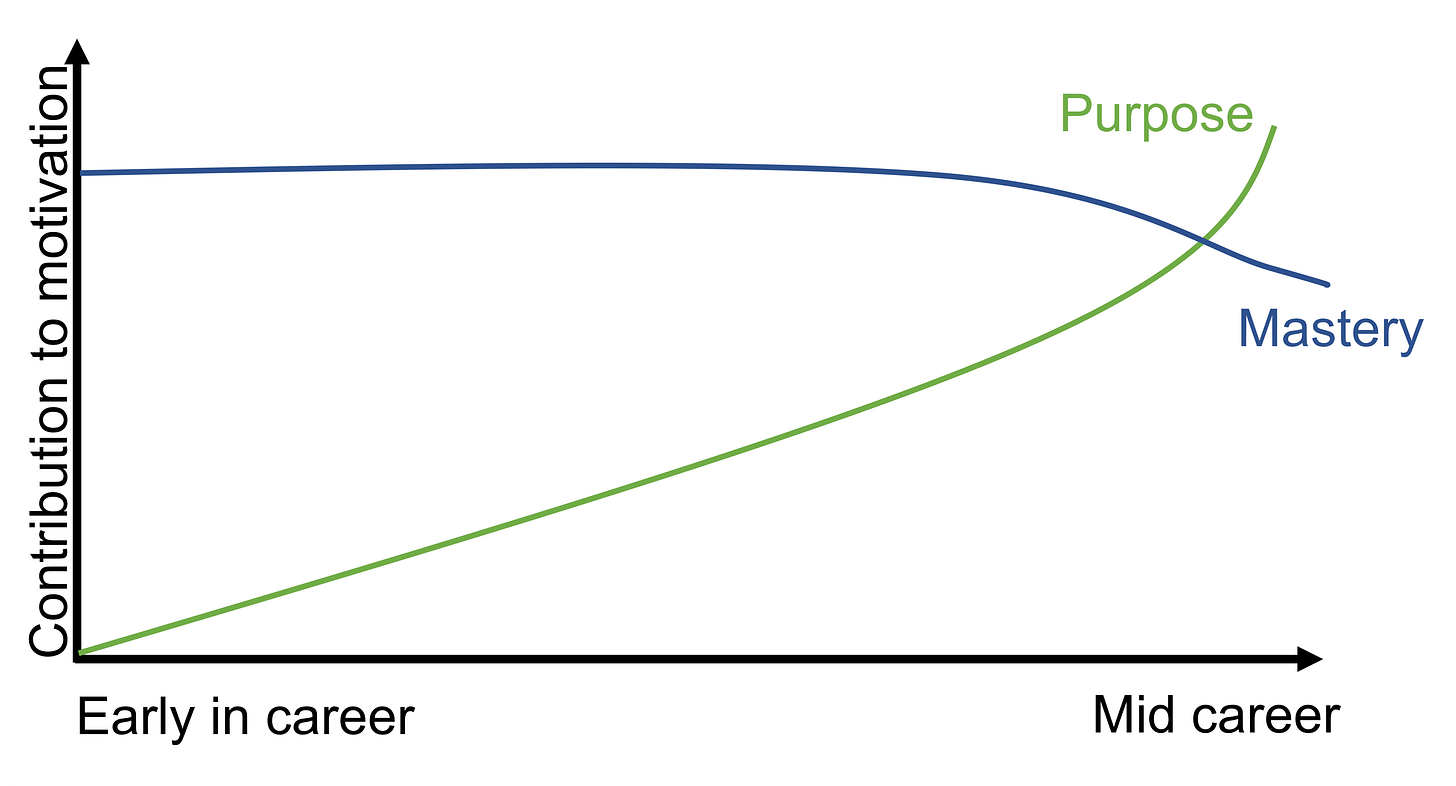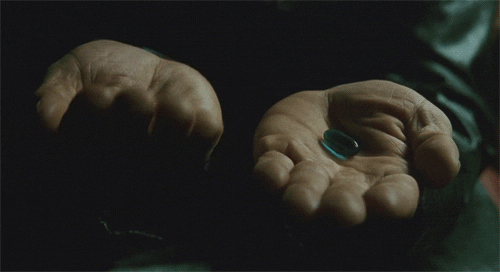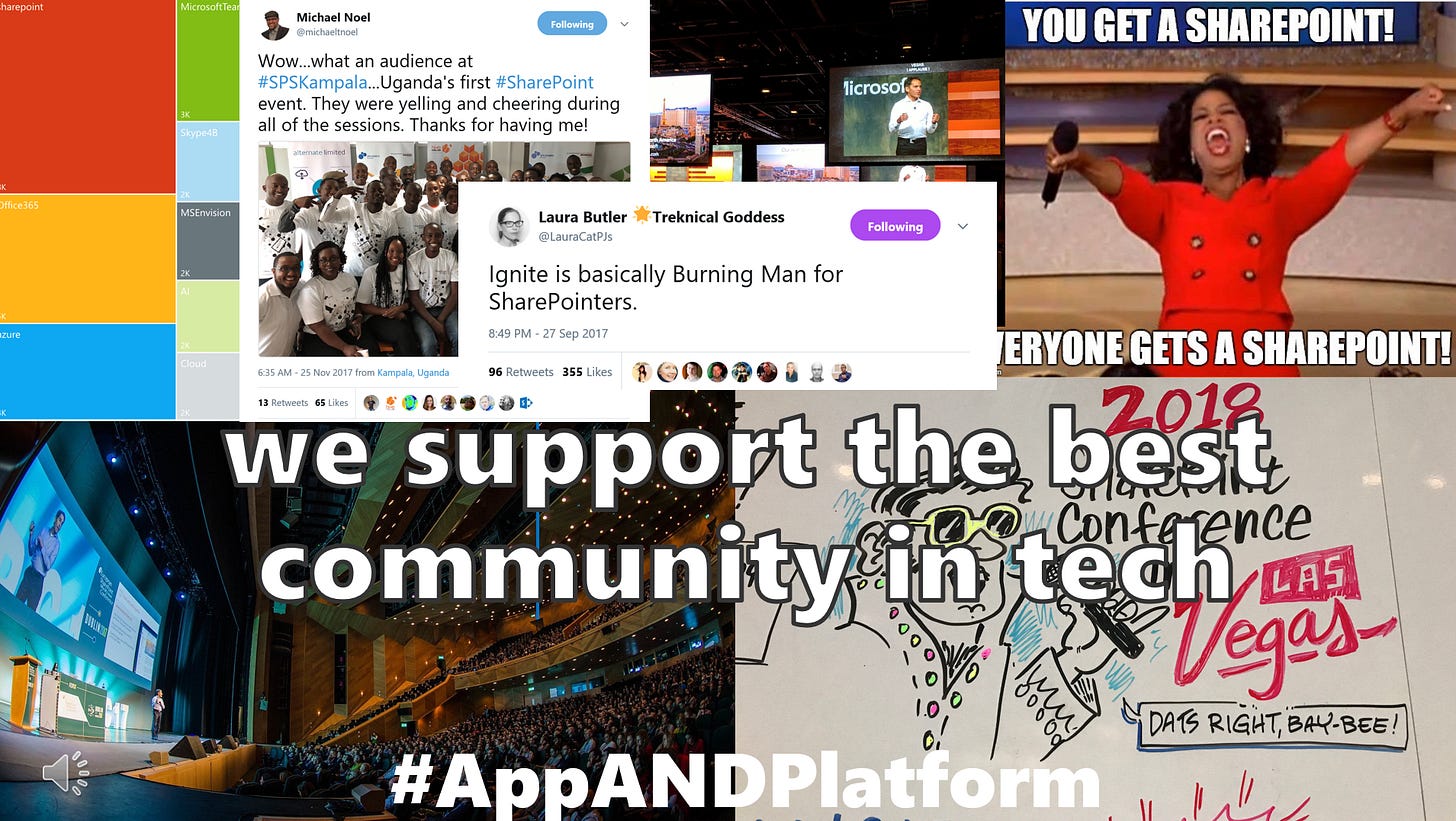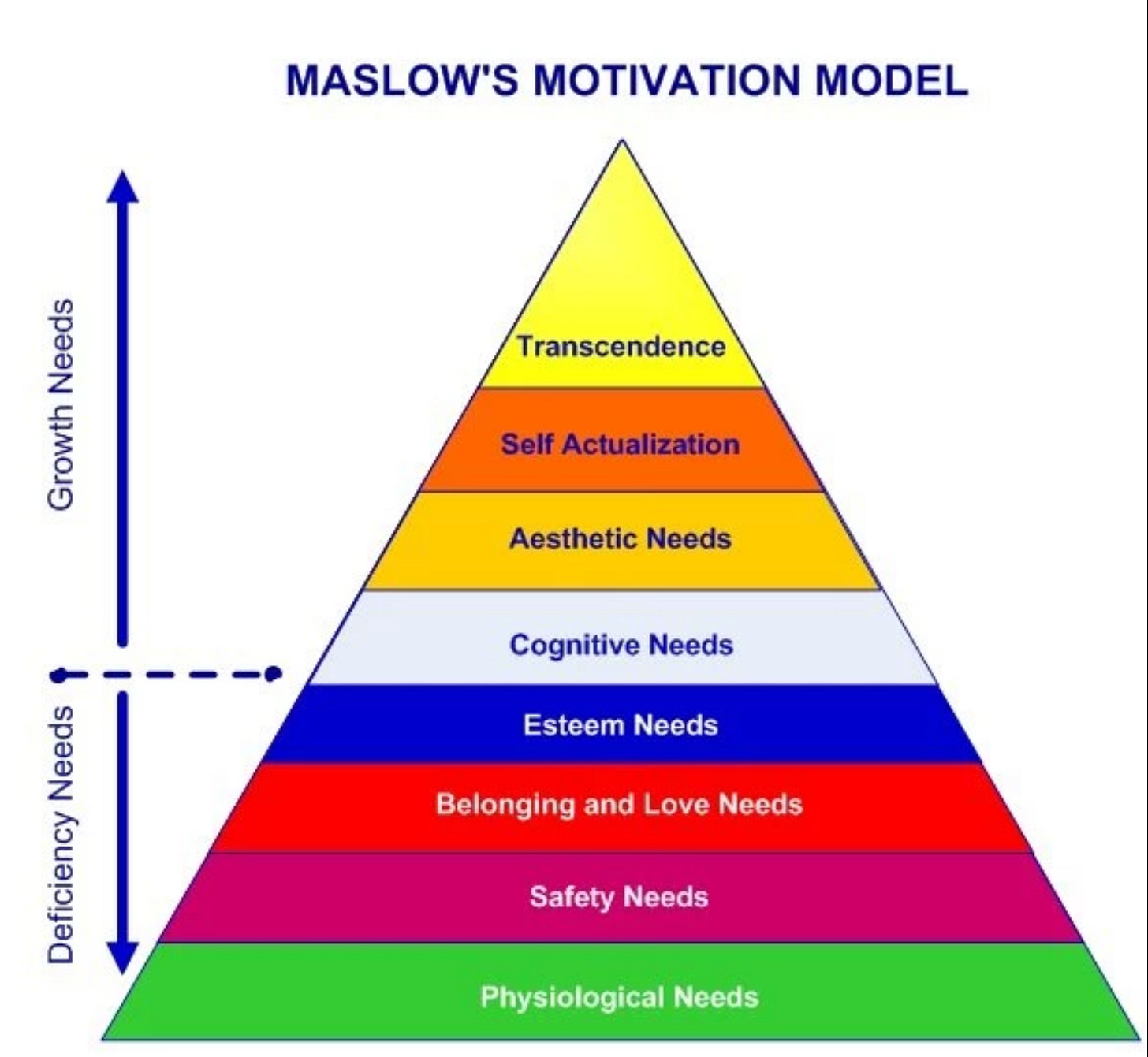Finding Purpose in Tech Careers: The Explorer, the Journeyman, and the Healer
My journey towards becoming a “purpose maximizer”
“Why are you here?”
With the pandemic and now the Great Resignation underway, this question has been top of mind in our work life – both for employees seeking motivation and managers retaining and attracting teams. Research on post-pandemic societies throughout history shows an increased appetite for adventure.
Long-time subscribers of Mind The Beet will know that the best framework I know for these questions of motivation is Daniel Pink’s Autonomy, Mastery, and Purpose. It’s clear, it resonates, and it makes a complex problem easier:
Folks who are not yet long-time subscribers of Mind The Beet can correct that right here: 😊
This post today is focused on the aspect of Pink’s framing that is most disrupted by the pandemic: Purpose. If Autonomy is about contracts with others and Mastery looks inwards at improving yourself, Purpose asks how you want your toils to contribute to the wellbeing of others.
The answer to “Why are you here?” involves all three drivers (along with providing economic security to yourself and loved ones), but today’s focus makes for some of the most interesting personal conversations about motivation.
Are You Ready to Discuss Your Purpose?
Purpose is easy to ignore for the sake of other drivers of motivation, especially when you are earlier in your career or younger in life.
My own career focused first on chasing mastery and finding a place where “I can do my best work.” The story I tell myself is that I chose computer science and business economics in college because they were the most difficult classes my freshman year and I thrived on the challenge of it. Often over my career, I’ve been intellectually stimulated by the work and energized by the big difficulty of problems at a global scale.
This motivation for mastery – the urge to get better and the worshipping of hard problems – drove the first 10 years or so of my career, which is natural. I’m establishing myself and in that time being “good at something” is motivating enough.
Transitioning a career to think more about purpose is a typical evolution many people find mid-career (or at least it was for me). You could define mid-life as the transition to deeper purpose – society is clear that you should establish your mastery of something in your 20’s and 30s; it’s less clear what to do with it in your 40’s and 50’s (hence the crisis!).
So whether you are ready to discuss your purpose or just want a preview of what’s ahead for you later in your career, the following is a framing you can use to think about all this and how I’ve applied that framing in my own career.
A Parable About Purpose
Let’s strip away the modern trappings of technology. Imagine you live in a simple tribe of ancient times and are deciding what to do with your life (or that you are going on a Dungeon & Dragons quest if that’s your jam). I’ve found in my study of life and literature that there are three things pulling us in different directions: The Explorer in you, asking to see what’s over that next hill. The Journeyman, who is driven to stay in the town and contribute meaningfully to the community. And the Healer, who wants to ensure the most disadvantaged of the tribe is thriving before we move forward.
Let me dig into each animating drive a bit more:
The Explorer, rooted in progress. This is the part of us that finds purpose in forward-looking opportunities. This is the part of our soul rooted in capturing the unknown and is optimistic about applying human potential to unsolved problems. In modern times, those that optimize here are researchers & astronauts & scientists.
The Journeyman, rooted in the symbiosis of community. This is the part of us content to be part of the great cycles that define humanity as they repeat themselves. This spirit is animated most by how our value serves the community. In modern times, those that optimize here are the teachers, lawyers, politicians, chefs, and athletes.
The Healer, rooted in the lifting up of those in need. This is the part of us that finds the most solace in helping the downtrodden. This area is rooted in a belief that society can’t move forward until the baseline for everyone improves. In modern times, those that optimize here are doctors, community organizers, and social service workers.
Society needs a healthy balance between all three of these to function and you can argue whether an epoch needs more of one vs. the others given the challenges of the times. As an individual, you optimize for your purpose as you tweak the harmony between these three pulls.
Applying To Tech Careers
Many jobs naturally gravitate towards one of the three animating drives at the expense of the other two (e.g. it is hard to be a doctor without optimizing for the Healer in you. It is hard to take an Explorer-first mindset if you are a lawyer).
Tech jobs, however, provide a lot of flexibility across all three dimensions. Software is, after all, eating the world – it’s typical that the dominant economic force of our times provides a diversity of purpose.
This is why I like Daniel Pink’s framing of your career as a “purpose maximizer.” It implies a less stressful approach to finding your purpose, one rooted in continuous discovery and growth. It rejects the philosophy that you find your purpose first and then go out hunting for career opportunities that align with it. I see my purpose and my career as working in tandem to help me explore what motivates me over time.
Sometimes your current position that you stumbled into enables you to find a purpose that resonates; other times some burst of inspiration about what animates you enables you to take that next career step.
My Journey with Purpose
Let me share my own journey with these three aspects of purpose. As I reflected while creating this framework, it became apparent to me that I’ve looked for a healthy balance between all three elements, finding different sources to draw purpose from - some intellectual and some emotional.
🔭 The Explorer: Information Technology at Global Scale
Aaron Sorkin’s West Wing has a great monologue that captures this spirit of the Explorer. I remember it vividly from when I first watched it in my college days:
This is why I spend time consuming lots of information about where the world is going, reading science fiction, and in particular am fascinated by futurist thinking. The Long Now foundation had a recent podcast on the positive framing for the years 2020-2050 where three big ways of progress (infotech, biotech, and energy tech) will allow us to solve the world’s biggest problems (decarbonization & inequality). I just love the optimistic global approach that asks “What’s next?” My Explorer awakes!
I’m so thankful to have been lucky enough to be part of the first 0.5% of people connected to the internet, the biggest driver of productivity and economic progress in our generation. This was the launchpad for the Explorer in me and enabled me to be part of the infotech revolution of the past two decades and I’m committed that the next 30 years will be even more beneficial. We have another 3 billion lives to improve by connecting them to the information network and we have learned a lot about how to be responsible.
The work I contribute to – helping organizations large and small have the tools to collaborate with one another and improve their written work product – helps the world at large move forward in two important ways:
Productivity Gains. “Productivity isn’t everything, but in the long run it is almost everything. A country’s ability to improve its standard of living over time depends almost entirely on its ability to raise its output per worker.” – Paul Krugman. The information sector – especially enterprise productivity software – is absolutely essential to the productivity gains we are seeing today. Continuing that trend will prevent war, decrease inequality, and expand the pie for everyone.
Helping just a tiny bit with every single global problem. The products and services I’ve worked on have been used by scientists to cure disease, government to mediate conflicts, and researchers to find green solutions to the world’s energy problem. I go out of my way to share these customer stories with the team when I see them. This shallow but wide impact on some of the most defining issues of our generation is one of the coolest aspects of working on enterprise tech.
Much of tech is a cycle, but this Explorer purpose has me seek out the trends of progress and articulate their impact on global wellbeing.
🤗 The Journeyman: Building Tech Community
“You are not a platform unless your partners make more money than you do.” – Bill Gates
Creating economic opportunity and a community for others has been an extremely animating part of my work life. It’s a unique aspect of the job I stumbled into that I’ve come to love. One in ten developers in the world has written code on top of the platform I work on. Our partners make 4 times the revenue per year than we do on the product we build. As a product maker, being both an app and a platform has been one of the trickiest scales to balance.
A few years ago, I prepared fresh material for a bootcamp for new hires in my organization. It’s a great excuse to get back to base principles on what we do and why. I chose to include a 4-minute podcast recording of someone who builds apps on top of our platform. It told of his journey getting asked to learn this technology, driving hundreds of miles to a local conference to learn more about it, meeting like-minded individuals, and then getting into blogging, podcasting, and speaking. His best friends are now members of the community built around the products my team delivers.
I find so much solace and animation in ensuring the continuity of the ecosystem that hundreds of thousands of people depend on to feed their families and grow their careers and skillset.
💖 The Healer: My Role as A Team Leader
In my sixteen-year career, I have been a manager for 12 of those years and a manager of managers for 8 of these years. Early on in my career, I chose to be part of “management” and carry the burden of responsibility.
Others might fill up their yearning in this area of purpose by working for an NGO or more directly ensuring their work helps specific forms of inequality. For me, I’ve fueled this into my work as a manager and leader and ally to others.
It’s been a journey over those 12 years as a team leader. Moving from feeling like a judge of talent into always being a coach. Honing in on my belief that the future of leadership is about vulnerability, allyship, and empathy. These pivots were intuitions much before I was able to articulate that my purpose as a manager is to contribute to the wellbeing of the team and champion hidden figures.
The Explorer in me impacts hundreds of millions. The Journeyman, hundreds of thousands. The Healer in me is focused more locally on deep relationships and empowerment of people I can name and know. It wasn’t the plan ahead of time but it is a path that I’ve grown into that feels comfortable.
Wrapping up
I wear many hats - tech worker, husband, father, son, writer, and community member - so this is far from a complete picture of my purpose. Mastery and autonomy have also come much more naturally to me as well - I’ve struggled as I’ve found the need to become more of a purpose maximizer. I’m far from complete on the journey.
If you have thoughts on this approach or have gone on your own journey finding purpose in tech, I would love to hear about it. It’s a fascinating conversation – one of the more interesting you can have with someone – and we need to focus more on it given the role tech plays in society. Reach out on Twitter, email us at mindthebeet@gmail.com, or if you work for Microsoft, hit me up on Teams.
Coda on Privilege
We end many of our Mind The Beet posts with a discussion of privilege and how we give back. This entire post is a statement of privilege – Maslow would say working on higher purpose is a recognition that most basic needs like economic security and core safety are satisfied:
Economic opportunity, safety nets, and justice are just a few of the themes we support that help more and more earn the privilege to focus on a higher purpose. If you missed it, we talked about them here: https://mindthebeet.com/give just a couple weeks ago.






